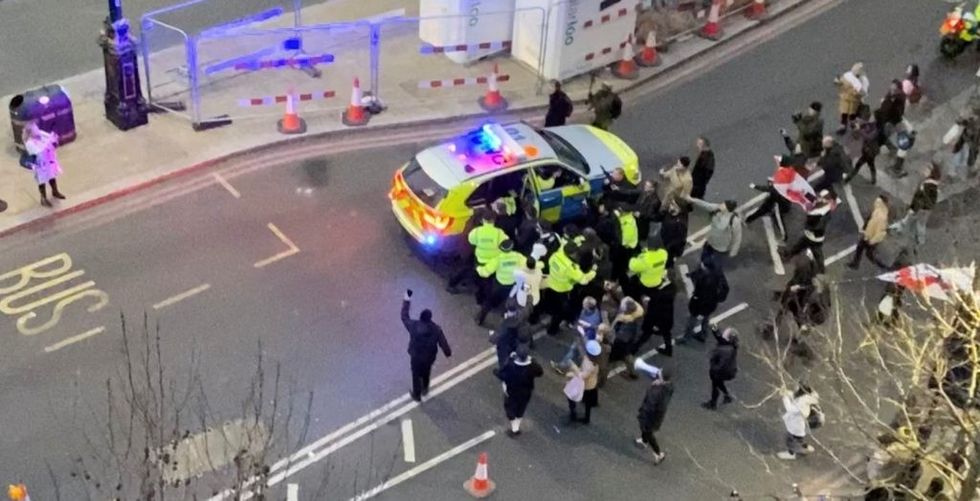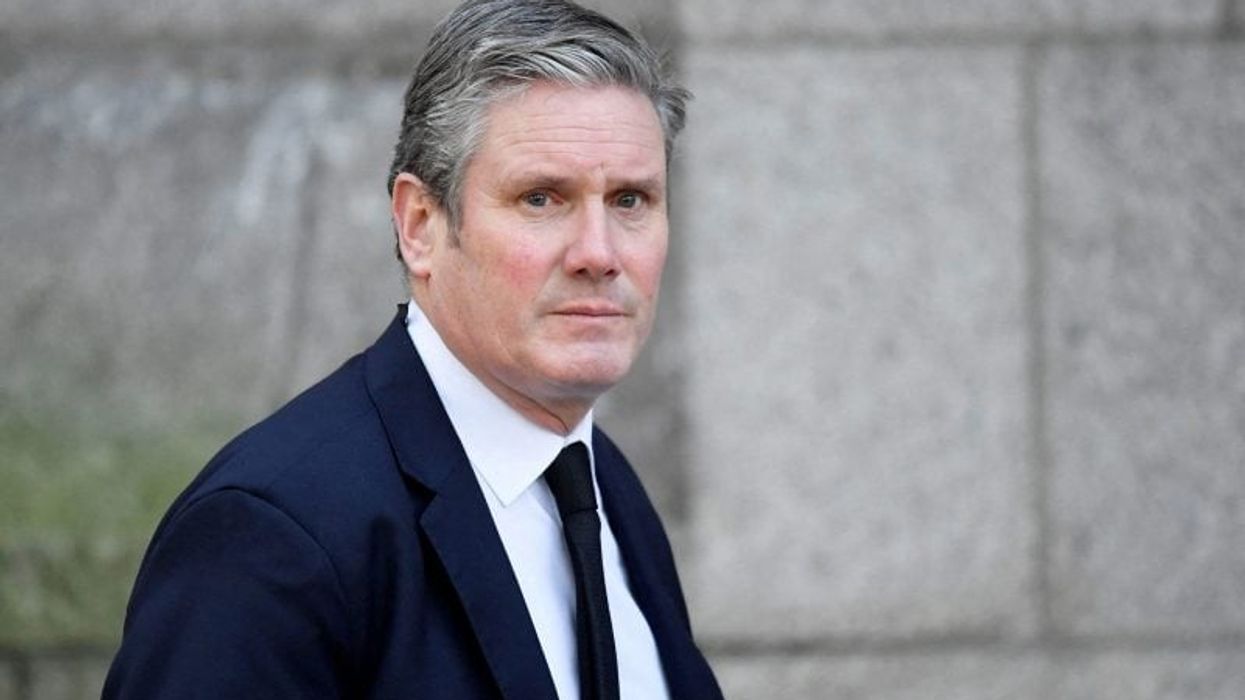PRIME minister Boris Johnson faced renewed pressure on Tuesday (8) to apologise to opposition Labour leader Keir Starmer for what critics have called a misleading "Trumpian" attack on him last week.
Johnson - facing calls to step down after months of scandals - accused Sir Keir of failing in 2013 as head of the country's prosecution service to take action against notorious celebrity paedophile Jimmy Savile.
Sir Keir, who led the Crown Prosecution Service (CPS) from 2008 to 2013, was not personally involved in the case, but has previously apologised on behalf of the CPS for its failures.
Critics, including numerous Conservative MPs, have decried Johnson's claim - made during a fractious parliamentary session - noting it has been propagated by far-right conspiracy theorists.
Also Read | Johnson seeks probe into Bain’s role in South African corruption
Johnson later clarified the remark, saying he accepted Sir Keir played no direct role in the decision, but noting his apology and apparent acceptance of responsibility.
The prime minister has refused to apologise or to retract his accusation.
However, it has come under fresh scrutiny after several dozen anti-lockdown demonstrators mobbed Sir Keir outside parliament on Monday (7), with one protester heard claiming he was "protecting paedophiles".

A video posted online showed the Labour leader being jostled before police, who arrested two people, intervened and escorted him to a car.
Within hours, Tory and other lawmakers were repeating calls for Johnson to say sorry.
"PM - apologise please," Conservative MP Tobias Ellwood wrote on Twitter.
"Let's stop this drift towards a Trumpian style of politics from becoming the norm. We are better than this."
Ellwood is one of 13 Tory MPs to have publicly submitted a no-confidence letter in Johnson to a committee of backbench lawmakers with the power to call a leadership contest.
Green Party MP Caroline Lucas said on Tuesday that Johnson's attack was "utterly shameful" and "straight out of (the) Trumpian playbook".
"Words have consequences - we saw that on (the) streets of Westminster yesterday evening. He's poisoning our politics & must apologise or go."
Johnson himself took to Twitter to criticise Sir Keir’s treatment on Monday as "absolutely disgraceful".
"All forms of harassment of our elected representatives are completely unacceptable," he said, adding: "I thank the police for responding swiftly."
His spokesman told reporters Johnson would not be apologising to Sir Keir, and insisted he "always seeks to engage with people in the right way".
However, House of Commons Speaker Lindsay Hoyle warned MPs their "words have consequences" and reiterated that Johnson's original claim was "inappropriate" and could "inflame opinions".
But the incidents appear to have heightened unease within the Conservative Party at Johnson's conduct - just as he attempts a major reset after months of tumult.
More MPs are thought to have sent letters in without declaring them, sparked mostly by damaging allegations of parties in Downing Street during the pandemic in a scandal dubbed "partygate".
The committee requires at least 15 per cent, or 54, of the 360 Conservative MPs to write such letters to trigger a party leadership challenge.
Meanwhile, Johnson is awaiting the outcome of a Metropolitan Police Service investigation into the numerous Downing Street gatherings and whether lockdown rules were breached.
The under-fire British leader could face the humiliation of being fined by police - an outcome likely to prompt a flurry of further no-confidence letters.
He is also heading into UK local elections in May with Labour enjoying a double-digit lead over his ruling Tories, on the back of "partygate" and a squeeze on living standards caused by surging inflation.
(AFP)




